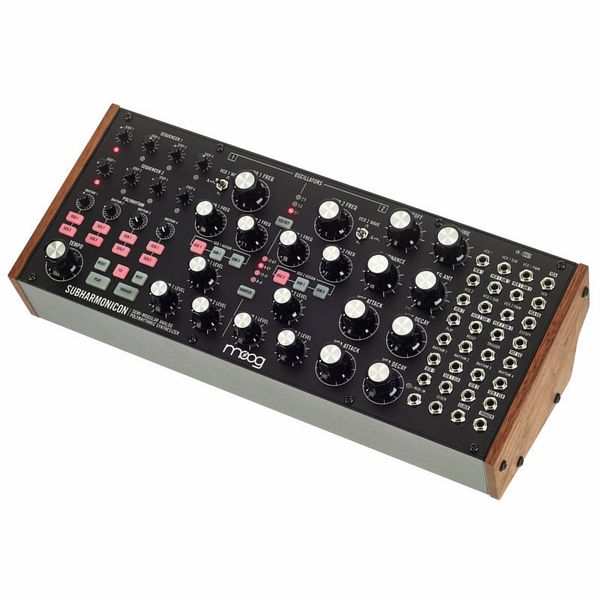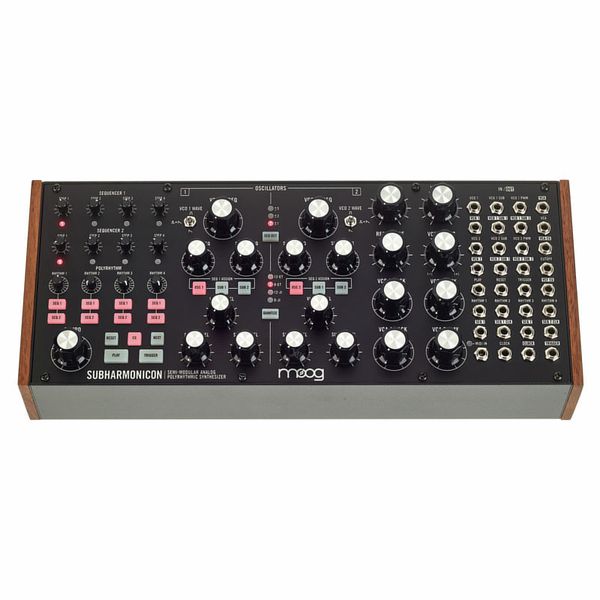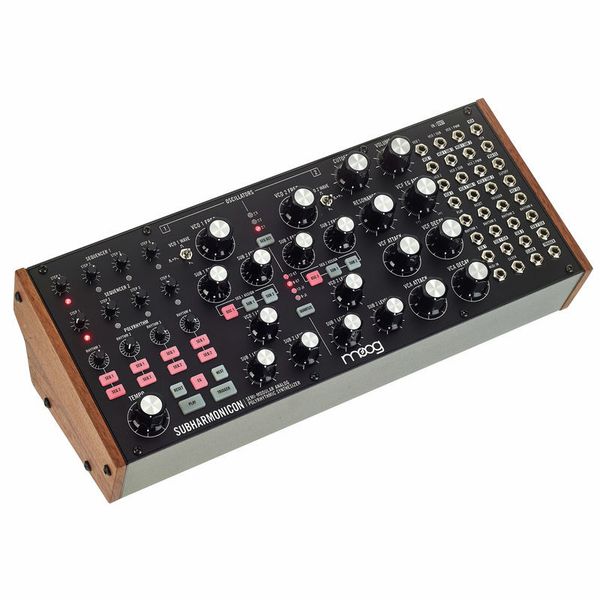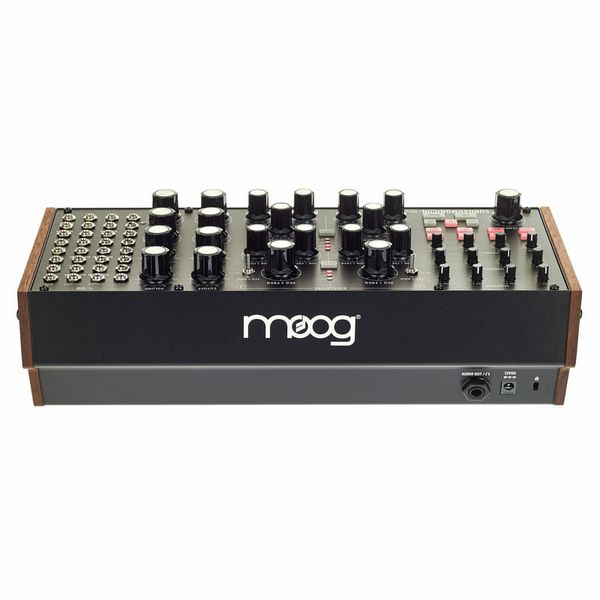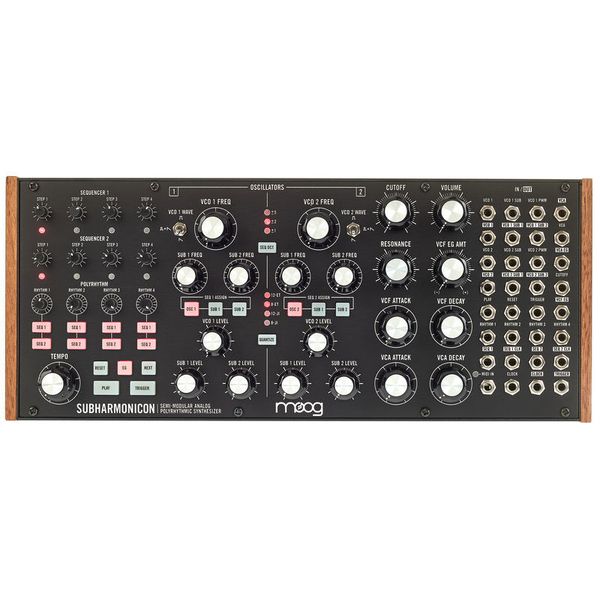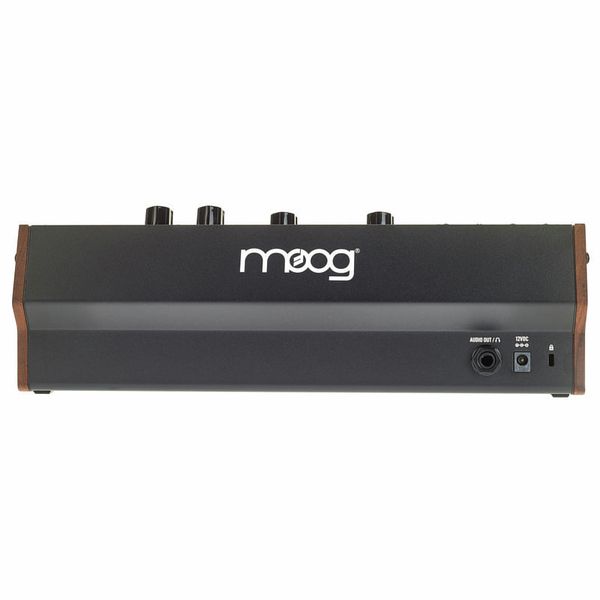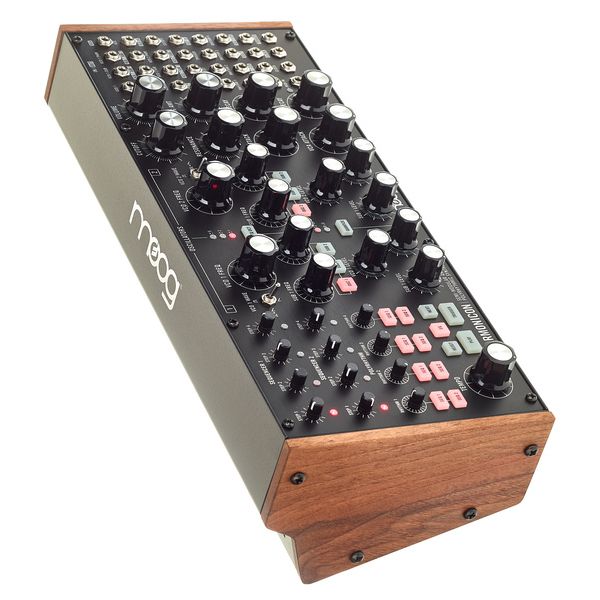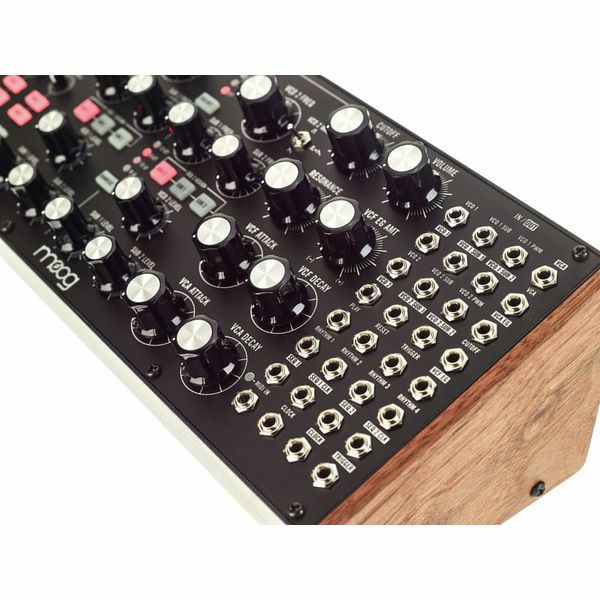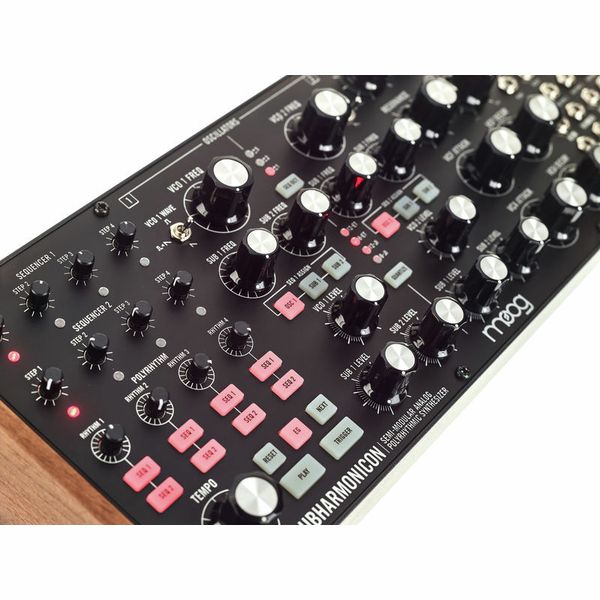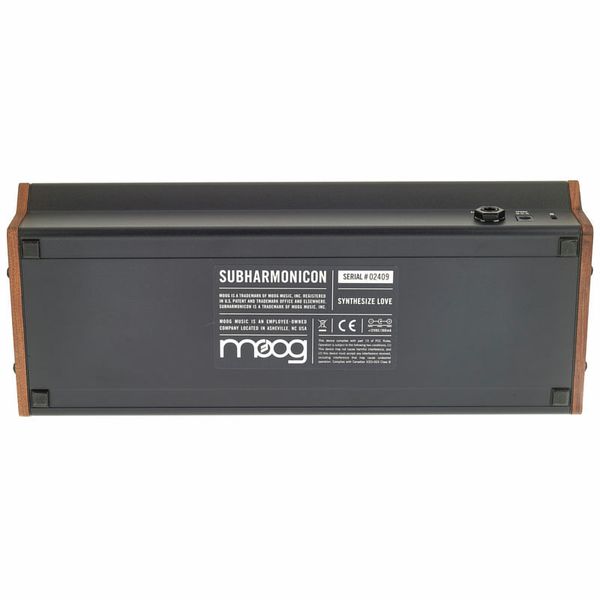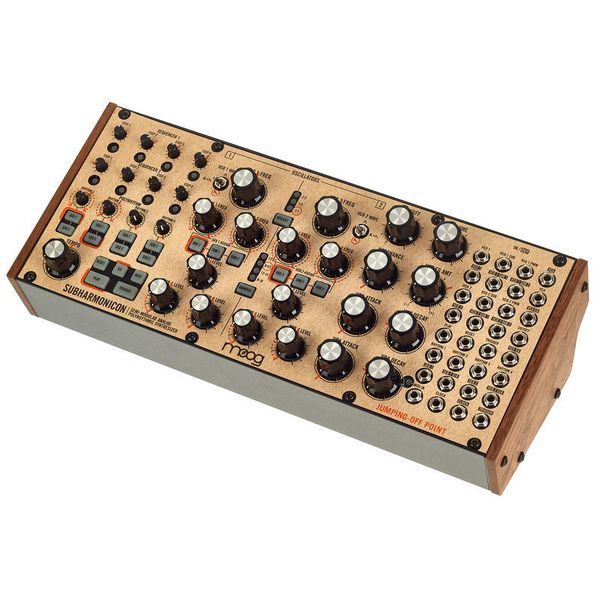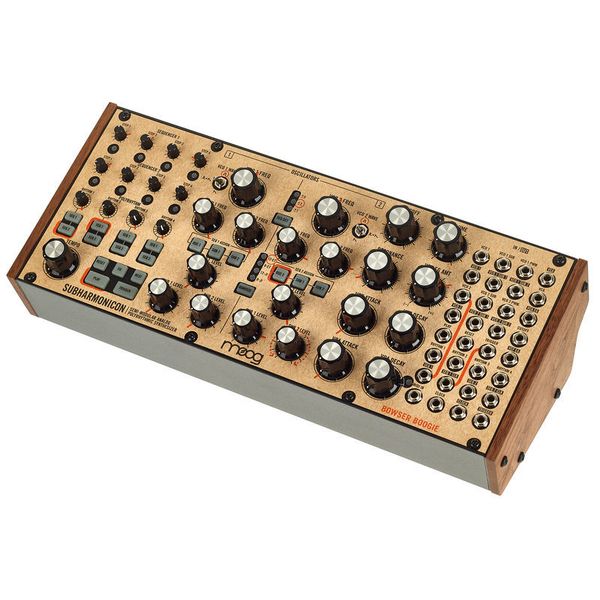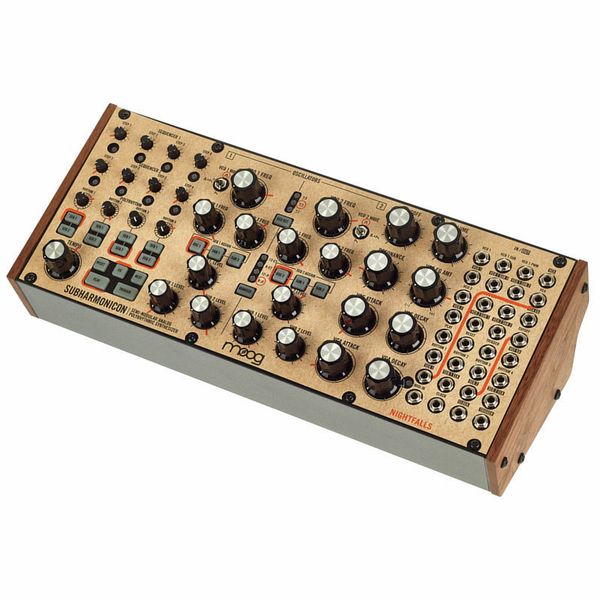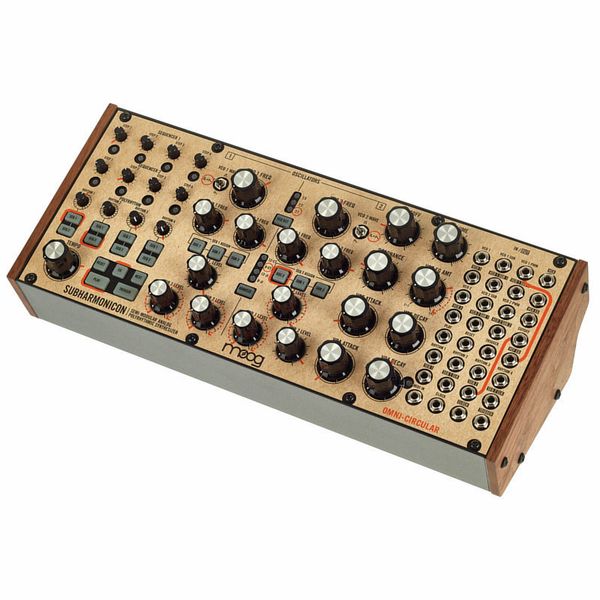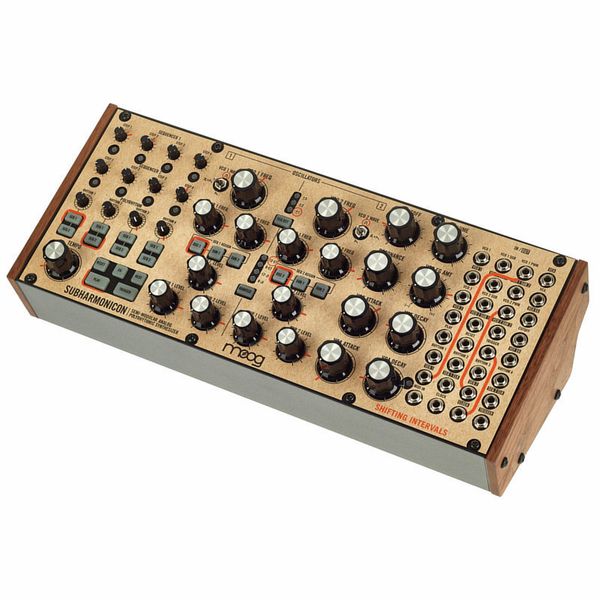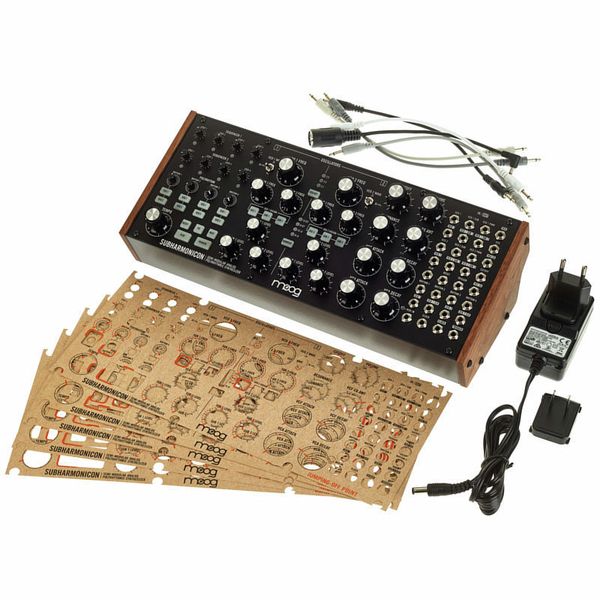The Subharmonicon is a great example of a device that factors in conscious limitations which can be used creatively. It can play six separate notes at the same time, with a twist. It only has one VCA EG for all six oscillators. Since there is no way to decouple sub-oscillators entirely from the main oscillator and there's only two sequencers, it makes sense to think of the Subharmonicon as two voiced.
Those two voices with their respective sub-oscillators are summed by the available mixer into a single VCF controlled by a simple Mother-32 style ASD envelope, followed by a single VCA controlled by another ASD envelope.
What makes things interesting is how you animate those available oscillators and their subs. Each main oscillator has access to a simple 4-step sequencer which you can dial in to different frequencies. A separate part of the device is the polyrhytmic generator, which is essentially four regular clocks that are later summed and just "press the NEXT button" on the assigned sequencer whenever any of those clocks trigger.
Since SEQUENCER 1 can only ever animate VCO1 and SEQUENCER 2 can only ever animate VCO2, we can mentally split the Subharmonicon into two separate voices. Each voice is VCO + SUB1 + SUB2 with a super basic 4-step sequencer. The interesting thing about the sequencer is that it has 16 values per step but what those values correspond to is controlled by the range selector (10 octaves, 4 octaves, 2 octaves) and the quantizer (12 or 7 equal-temperament or just-intonation).
If you pair Subharmonicon with, say, Mutable Instrument Streams, you can patch VCO1 (and its subs) to the left input, SEQ1 to the left excite, and VCO 2 (and its subs) to the right input, SEQ2 to the right excite. The two channels of Streams are analog VCFAs (similar to LPGs) so losing the Subharmonicon VCF is not a big deal then. The nice thing about this is that the duophonic Subharmonicon can then be very interestingly stereophonically. You can pan the two channels and make this into a truly binaural experience.


